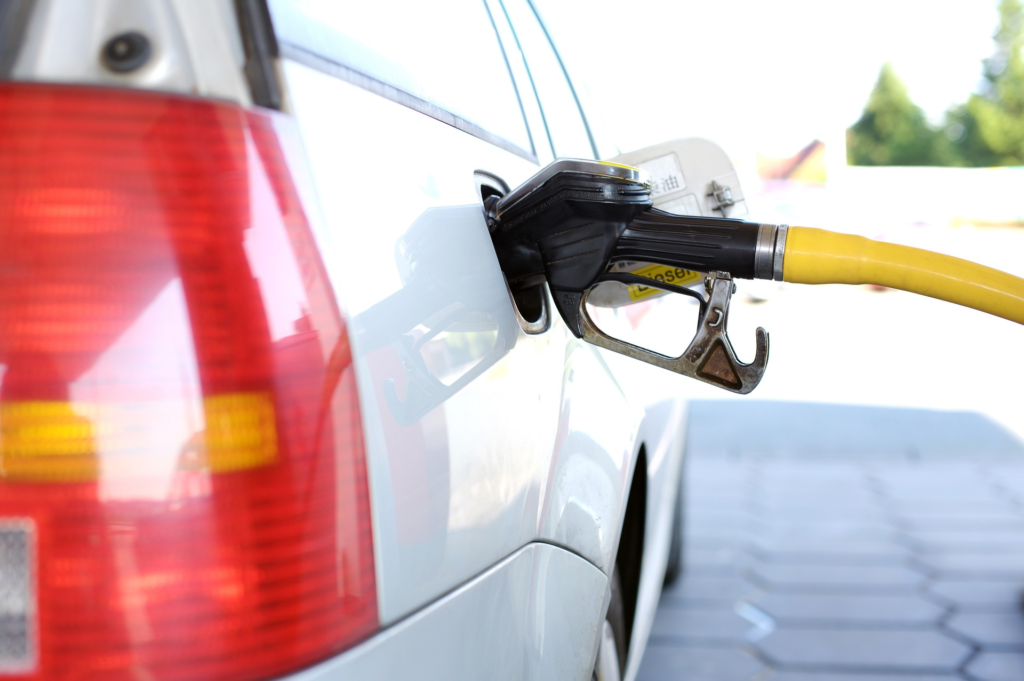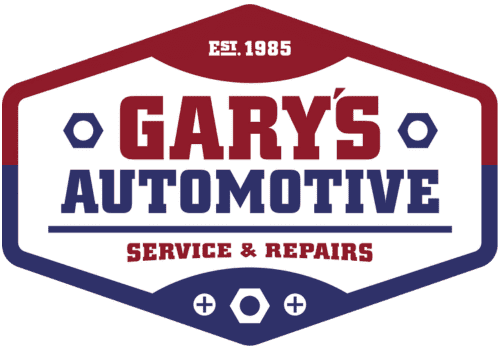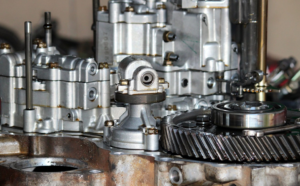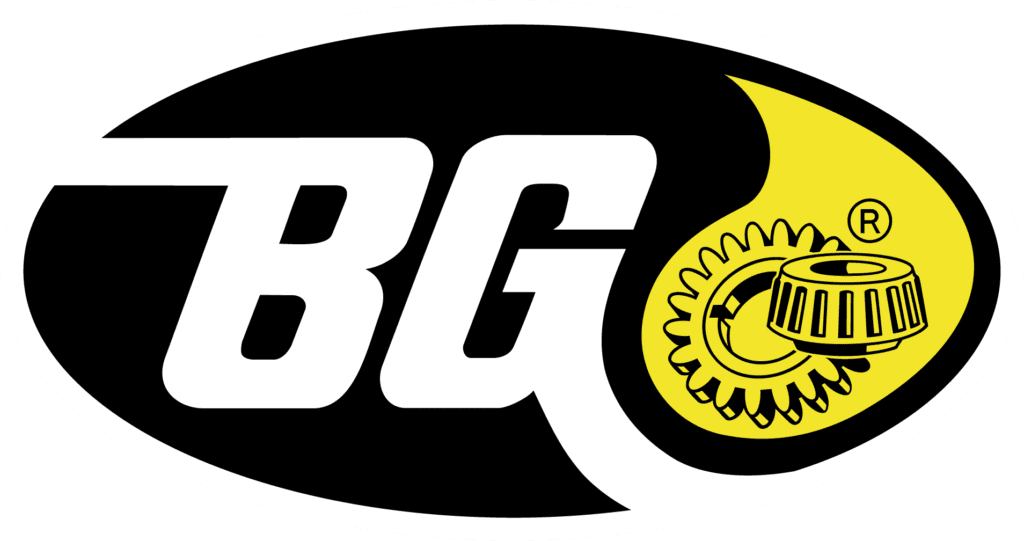“Do I need a fuel system cleaner?” is a question we get from some of our clients. This topic is sometimes the subject of debate among automotive professionals. Let’s take a look at whether fuel system cleaner benefits exist and whether your vehicle’s performance would improve from regular fuel system treatment.

Image by andreas160578 from Pixabay
What Are Fuel System Cleaners Intended to Do?
Fuel system cleaners are marketed to remove carbon buildup and other unwanted materials from your vehicle’s fuel system, which includes the fuel injector, the fuel pump, and fuel lines. All of these components work together to deliver gasoline or diesel fuel from your tank to your engine, where it is burned via combustion to produce energy and power movement.
Fuel treatments contain two key elements: dissolvents and detergents. The dissolvents — primarily polyetheramine or PEA — break down impurities present in your fuel system. The detergents flush them away by pushing them out of the fuel system and preventing molecules from sticking to fuel system components.
The purpose of using a fuel system cleaner is twofold. First, it protects your fuel system from dirt and damage that can affect your vehicle’s longevity and performance. Second, it improves fuel efficiency and increases mileage, which saves drivers money.
Some vehicle owners like to use fuel system cleaners if they feel they are getting lower-quality fuel at the pump. Diesel-powered vehicles, in particular, may wind up with more impurities in the fuel system, so drivers of these vehicles also use fuel system treatments for peace of mind. Additionally, owners of older cars and trucks or those who have had fuel injector problems in the past often use fuel treatments to prevent future issues.
Signs of Fuel Delivery System Problems
What are some symptoms that a vehicle’s fuel system is not functioning at 100 percent?
- Decreased fuel economy
- Difficulty starting the engine
- Rough idling
- Poor performance (e.g., slow acceleration)
- Vehicle surging
- Sputtering or stalling
- Engine overheating
- Noticeable gas or diesel leaks
- Low fuel pressure
- Whining noise from the fuel tank
- Check engine light illuminated
It’s not wise to ignore any of these signs of fuel system malfunction, as they’ll only likely get worse. You might be spending more on fuel than you need to, or worse, you could damage your engine and wind up with a much larger repair bill. Make note of what’s happening and under what circumstances (weather, incline, speed, etc.) so you can give your mechanic a detailed account of the problem to point them in the right direction.
Is Fuel Treatment Necessary?
The efficacy of fuel system cleaners is dependent on a number of factors, not just the treatment itself, including:
- Make and model of the vehicle
- Age of the vehicle
- History of maintenance upkeep
- General health of the engine
- Quality of fuel used
- Driving habits and conditions
It won’t hurt to use a fuel treatment, provided you don’t substitute it for regular maintenance, like oil changes and tune-ups, as well as professional fuel injector cleaning at your mechanic’s shop, particularly if you have signs of fuel system problems. If you’re convinced you are getting lower-grade fuel due to what’s available here in Langley — or more likely further afield in British Columbia — a fuel treatment may remove some impurities and reduce the amount of “gunk” in the system.
You can add a treatment with every few fill-ups at the gas station, or use a fuel cleaner when you get your oil changed. The best time to do it is on a nearly empty tank, making sure to follow the instructions on the package carefully.
However, before you spend your money on a fuel system treatment, be aware that some well-performed tests show these fuel cleaners don’t really have a significant effect on the fuel system. Instead, vehicle owners who are concerned with fuel efficiency or achieving high engine performance would be better off having their mechanics inspect and clean their fuel systems with the latest automotive technology. Fuel system cleaner ingredients were found to be not strong enough in their approved commercial formulation to get the job done.
Not sure if a fuel system treatment is right for your vehicle? Talk to your mechanic. They know your vehicle and can recommend one with the best ingredients if they believe a fuel cleaner can help you. Perhaps a different kind of additive, like BG MOA, might better boost your car’s performance. Otherwise, your garage can explain fuel system cleaning in the shop and whether that might be the best alternative for your goals.




